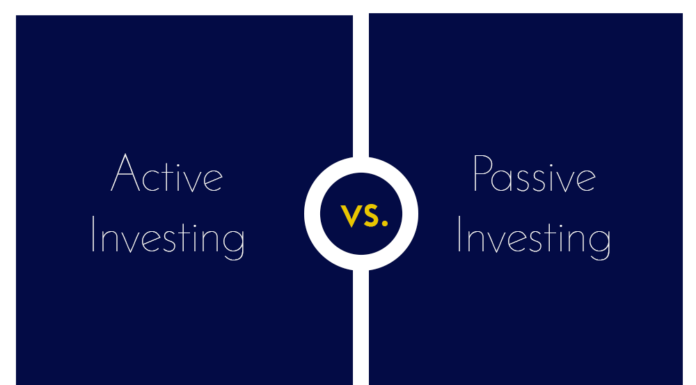We have discussed trusts as a useful option during estate planning. They allow a level of flexibility and control that is otherwise not available. While you may be familiar with revocable and irrevocable trusts, there is another structure that you should keep in mind. This is whether you want a fixed or discretionary trust.
“Choosing to make a trust fixed or discretionary offers you another level of control over your estate,” says Richard Cayne of Meyer International. “If you pass away or are incapacitated, your trustee takes over, and this provides for how your estate is handled.”
What’s the difference between fixed and discretionary trusts?
A fixed trust is pretty much what it sounds like. You, as the settlor, leave exact instructions as to who gets what when. The trustee is there to ensure that all your instructions are executed properly. Often, this is used regarding property or when beneficiaries receive specific percentages of the trust. In some cases, certain conditions may need to be fulfilled, but the distributions are still fixed. And once the distribution occurs, the beneficiaries own those assets and are liable for them.
A discretionary trust gives the trustee more leeway when it comes to distribution. Or who benefits. As settlor, you can provide recommendations or wishes as to how you would like your estate to be divided. But ultimately, the trustee has the final say as to who get what and for how long. Because the trustee determines distribution, beneficiaries cannot claim ownership to any part of the trust. This can be helpful when it comes to tax, bankruptcy, and other liability issues.
Which should I pick, discretionary or fixed?
Luckily, you don’t have to pick between the two. It’s important to remember that you can have more than one trust in place in your estate plan. So, you can divide your assets and have them distributed as you want them to be, when the time comes. Nevertheless, you don’t want to get too complicated. Discuss your options with a trusted expert to determine the best estate plan for you.
“Estate planning can be difficult, especially if you want your beneficiaries to benefit in specific ways,” explains Richard. “That’s why there are financial and legal experts here to help navigate through to the right plan.”















